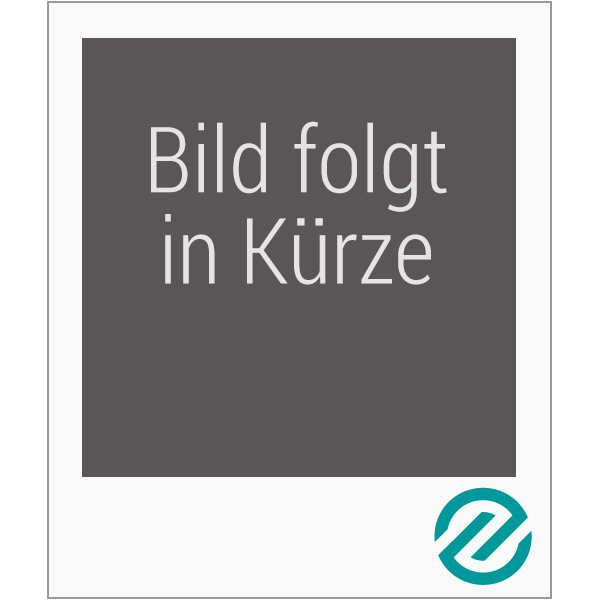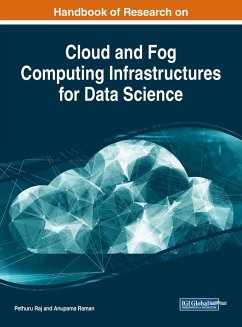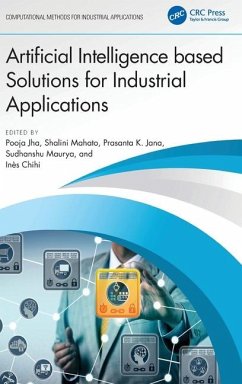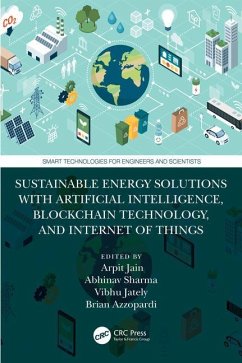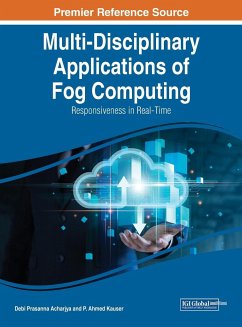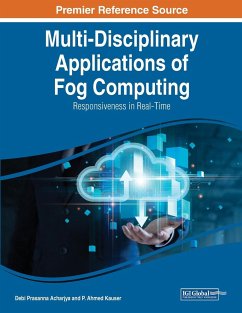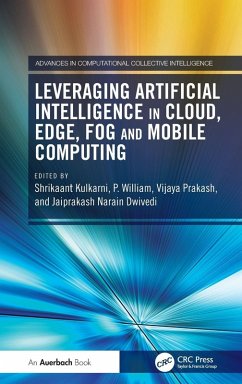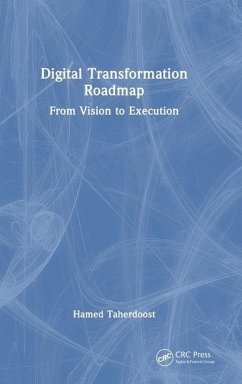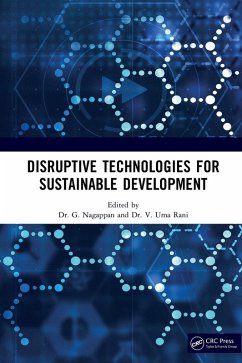Shilpi Harnal is an Associate Professor in the Department of Computer Science & Engineering at Chandigarh University, Mohali, Punjab, India. She specializes in cloud computing and security. She has worked on fog computing, underwater wireless sensor networks (UWSN), and artificial intelligence. She has around 14 years of teaching experience and has published 20 patents and 35+ research papers in various international, national, and peer-reviewed journals, books, and conferences. Rajeev Tiwari is a Professor and Dean in the School of Computer Science and Engineering at IILM University Greater Noida, India. He is a senior IEEE member. He has more than 16 years of research and teaching experience. His broad areas of research include cloud computing, MANET, VANET, fog computing, QoS in such network environments, cache invalidation techniques, the Internet of Things (IoT), big data analytics, and machine learning. He has 70+ international publications in SCI, and Scopus-indexed journals and conferences. Lalit Garg is an Associate Professor in the Department of Computer Information Systems, at the University of Malta, Malta, and an Honorary Lecturer at the University of Liverpool, UK. He has been a researcher at Nanyang Technological University, Singapore, and Ulster University, UK. He has published 150+ high impact publications in refereed journals/conferences/books, 17 edited books, and 22 patents. His research interests are business intelligence, machine learning, data science, deep learning, cloud computing, mobile computing, the Internet of Things (IoT), and information systems. Ashish Mathur is a Professor in the Center for Inter-disciplinary Research and Innovation (CIDRI), at UPES Dehradun, India. He worked as a research associate at the Nanotechnology and Integrated Bio-Engineering Center (NIBEC), at the University of Ulster, UK. His noteworthy contributions in the field of research are reflected in his published 116 research papers in high impact journals including Biosensors and Bioelectronics, Scientific Reports, IEEE Sensors, Applied Surface Science, and Sensor. His research focuses on developing novel sensors using nanotechnology for societal benefits, which include women's safety, drug abuse, and environmental issues.
